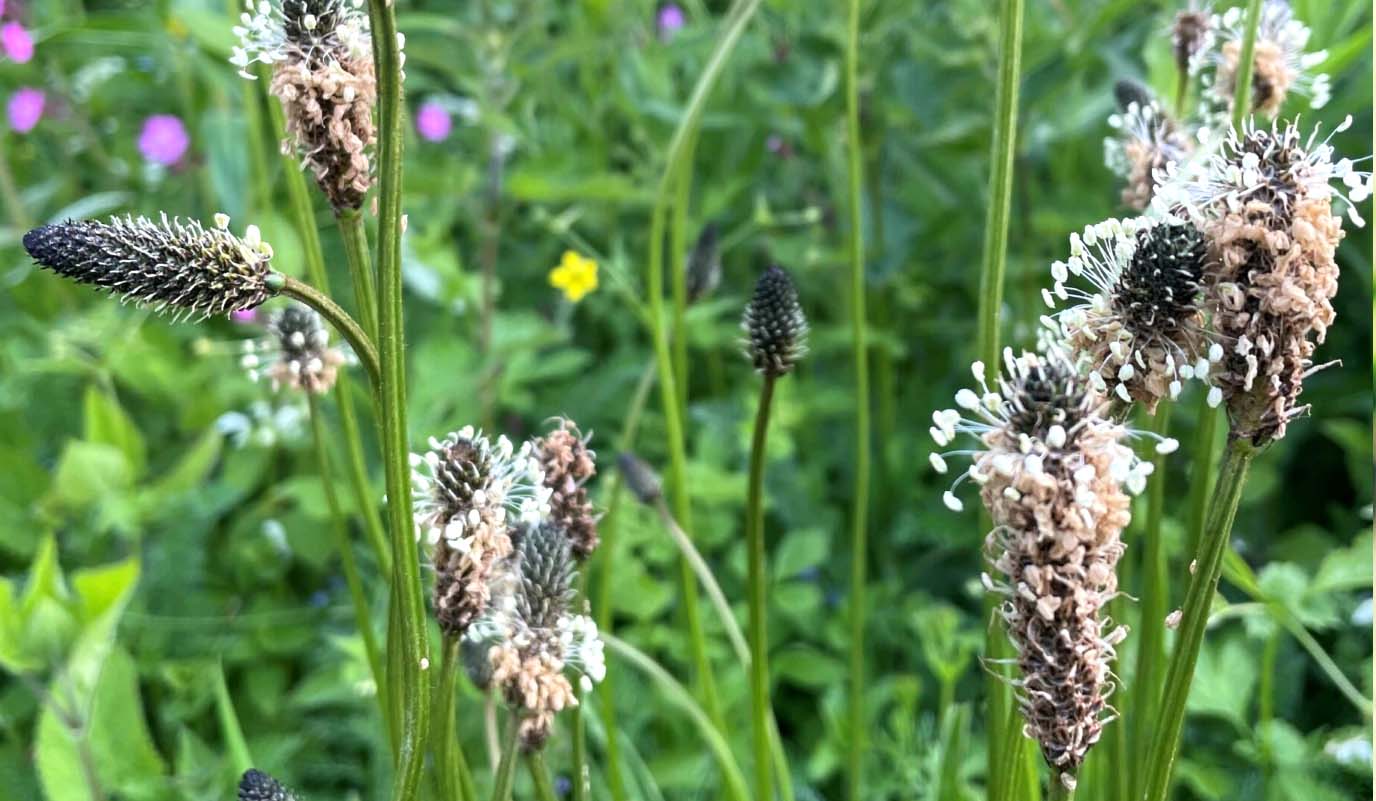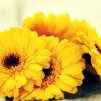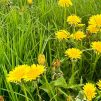
1. Introduction
Narrow Leaf Plantain, scientifically known as Plantago lanceolata, is a common yet powerful herb often overlooked due to its widespread presence in lawns and meadows. Despite its humble appearance, this plant has been used for centuries in traditional medicine for its remarkable healing properties. From soothing skin irritations to supporting respiratory health, Narrow Leaf Plantain is a true gem of natural medicine.
2. Where Does Narrow Leaf Plantain Grow?
Narrow Leaf Plantain is a hardy plant that thrives in temperate regions across the globe. It is commonly found in:
- Europe: Native to Europe, it grows in meadows, grasslands, and along roadsides.
- North America: Introduced and naturalized, it is widespread in fields and gardens.
- Asia and Australia: Also found in temperate zones, often in disturbed soils.
- Other regions: Adapts well to various climates, making it a global plant.
It prefers sunny to partially shaded areas and can grow in poor, compacted soils, often considered a weed.
3. Botanical Characteristics
- Appearance: Narrow Leaf Plantain has long, lance-shaped leaves with parallel veins and a rosette growth pattern. It produces small, cylindrical flower spikes on tall, slender stems.
- Growth habits: It is a perennial plant, growing up to 30-50 cm tall.
- Harvesting: The leaves are harvested in spring and summer, while the seeds are collected in late summer.
4. Historical and Cultural Significance
Narrow Leaf Plantain has a rich history of use in traditional medicine:
- Ancient Greece and Rome: Used to treat wounds, inflammation, and respiratory issues.
- Native American tribes: Applied as a poultice for snake bites and skin irritations.
- European folk medicine: Known as a “healing herb” for its versatility in treating various ailments.
5. Medicinal Properties of Narrow Leaf Plantain
Narrow Leaf Plantain is renowned for its anti-inflammatory, antimicrobial, and wound-healing properties. Below are its key medicinal benefits:
5.1 Skin Healing and Wound Care
- The leaves contain allantoin and mucilage, which promote tissue repair and soothe skin irritations.
- Effective for treating cuts, burns, insect bites, and eczema.
5.2 Anti-Inflammatory and Antimicrobial
- The plant contains aucubin and flavonoids, which reduce inflammation and fight bacteria.
- Used to treat infections, sore throats, and gum inflammation.
5.3 Respiratory Support
- Has expectorant properties, helping to clear mucus and ease coughs.
- Often used in remedies for bronchitis, asthma, and colds.
5.4 Digestive Health
- The mucilage in the leaves soothes the digestive tract, relieving symptoms of gastritis and ulcers.
- It also has mild laxative properties.
5.5 Antioxidant Benefits
- Rich in antioxidants, Narrow Leaf Plantain helps combat oxidative stress and supports overall health.
- It may also have anti-cancer properties, though more research is needed.
5.6 Urinary and Kidney Health
- Acts as a diuretic, helping to flush out toxins and support kidney function.
- Traditionally used to treat urinary tract infections (UTIs).
6. Cosmetic and Skincare Applications
- Skin care: Used in creams and salves for its soothing and healing properties.
- Hair care: Can be infused into oils or rinses to promote a healthy scalp and reduce dandruff.
- Natural first aid: A go-to remedy for insect bites, rashes, and minor wounds.
- Application in Nanorev Products: Narrow Leaf Plantain is an ideal ingredient in Healing Salve, where its soothing and skin-regenerating properties are fully utilized. It can also be added to creams for eczema and psoriasis.
7. Culinary Uses
- Edible leaves: Young leaves can be eaten raw in salads or cooked as a green vegetable.
- Tea: Dried leaves are used to make a soothing herbal tea.
- Seeds: The seeds can be ground into flour or used as a fiber supplement.
8. Safety and Precautions
- Allergies: Rarely causes allergic reactions, but sensitive individuals should test before use.
- Pregnancy and breastfeeding: Consult a healthcare provider before use.
- Interactions: Generally safe, but may interact with medications for blood pressure or diabetes.
9. DIY Recipes with Narrow Leaf Plantain
- Plantain Healing Salve: Combine plantain-infused oil with beeswax for a skin-soothing balm.
- Plantain Tea: Steep 1-2 teaspoons of dried leaves in hot water for 10 minutes. Drink for respiratory or digestive support.
- Plantain Hair Rinse: Boil plantain leaves in water, cool, and use as a final rinse after shampooing.
Conclusion
Narrow Leaf Plantain is a versatile and powerful herb with a wide range of health and skincare benefits. From healing wounds and soothing skin to supporting respiratory and digestive health, this “humble healer” is a must-have in your natural remedy toolkit. Whether used in teas, salves, or hair growth oils, Narrow Leaf Plantain brings the healing power of nature into your daily life.


